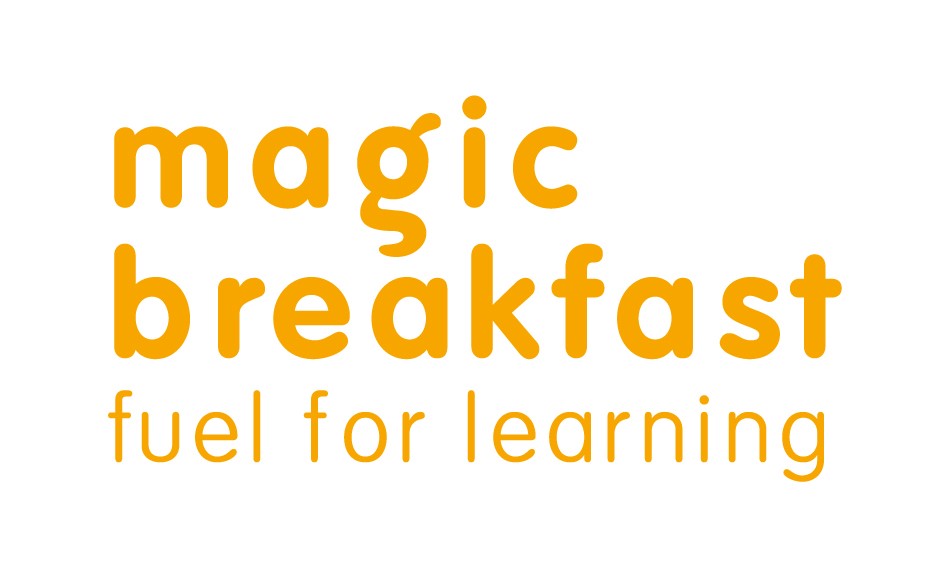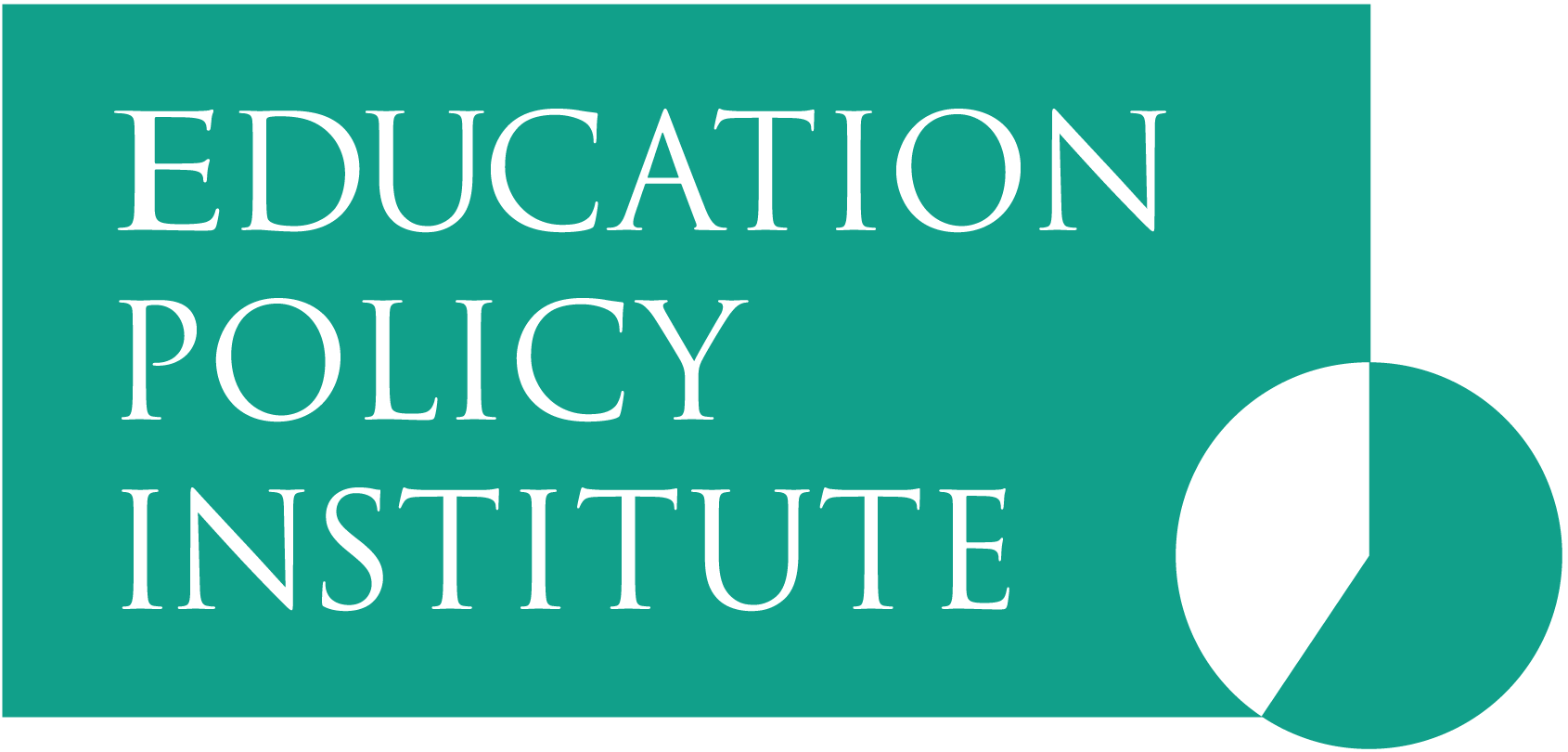At this year’s Liberal Democrat party conference, the Education Policy Institute has partnered with Magic Breakfast to hold a public panel event on ‘The best possible start in life: the role of school food in tackling the SEND disadvantage gap.’
During the coalition government, the Liberal Democrats introduced the pupil premium and universal infant free school meals (FSM). Building on that work, in their manifesto, they pledged to tackle the crisis in special educational needs provision, including through setting up a new National Body for SEND. Following the Government’s announcement of plans for a Children’s Wellbeing Bill, we will look at the role of breakfast in enabling children to start the school day ready to learn and ready to thrive, and in particular what this means and what is needed for children with SEND.
30% of the UK’s children are living in poverty – in the year to April 2023, 4.3 million children were living in poverty, up from 3.6 million in 2010-11. We know that poverty affects many aspects of a child’s life: children in poverty are more likely to have poor mental health; suffer from asthma and other childhood diseases; experience isolation and miss out on opportunities and do less well in education. EPI research shows that the educational disadvantage gap opens very early, 40% of the gap is visible by the time children start school, and in 2023 pupils from lower socioeconomic backgrounds were over 19 months behind their more affluent peers. For persistently disadvantaged children, or those eligible for free school meals for 80% or more of their time in education, the gap is even wider – almost 2 years by the end of KS4. Importantly, the gap is also wider for those who have multiple vulnerabilities, for example children with special educational needs and disabilities (SEND).
We also know that it does not have to be this way. There’s a wealth of evidence available on strategies to tackle child poverty and education has an important role to play, but all too often children are going to school hungry. Research from Magic Breakfast shows that providing breakfasts to ensure no child starts the day hungry improves attainment, attendance and wellbeing and from an economic standpoint, provides a major return on investment: every £1 invested in school breakfasts can generate over £50 for the economy in future.
This panel will bring together politicians, school leaders and other sector experts to discuss this topic, considering what an effective Children’s Wellbeing Bill should look like; the role of school food provision, particularly school breakfast, and how the Liberal Democrat aims could shape this. Panellists will discuss how to improve the lives of children with SEND and how the Liberal Democrats can meet their continued and welcomed commitments to close the disadvantage gap for all children.
We are delighted to be joined by Lindsey MacDonald, Magic Breakfast; Sarah Dyke MP; Stephen Kingdom, Disabled Children’s Partnership and Christian Moon, Liberal Democrats. Natalie Perera, EPI’s Chief Executive, will chair the session.








